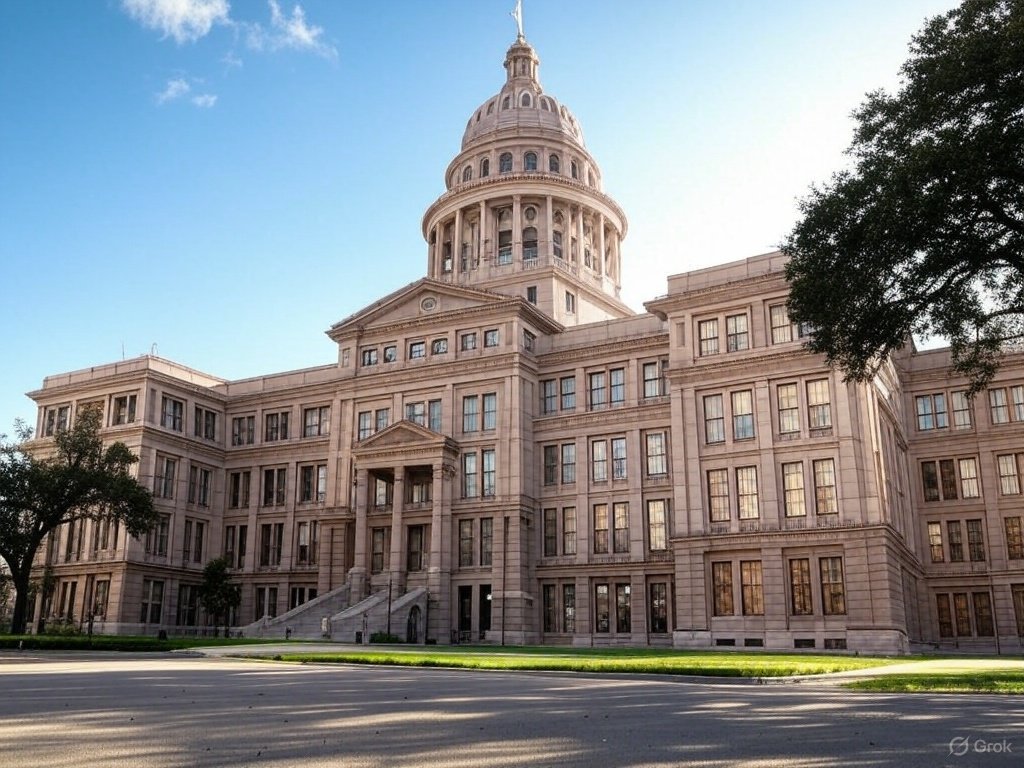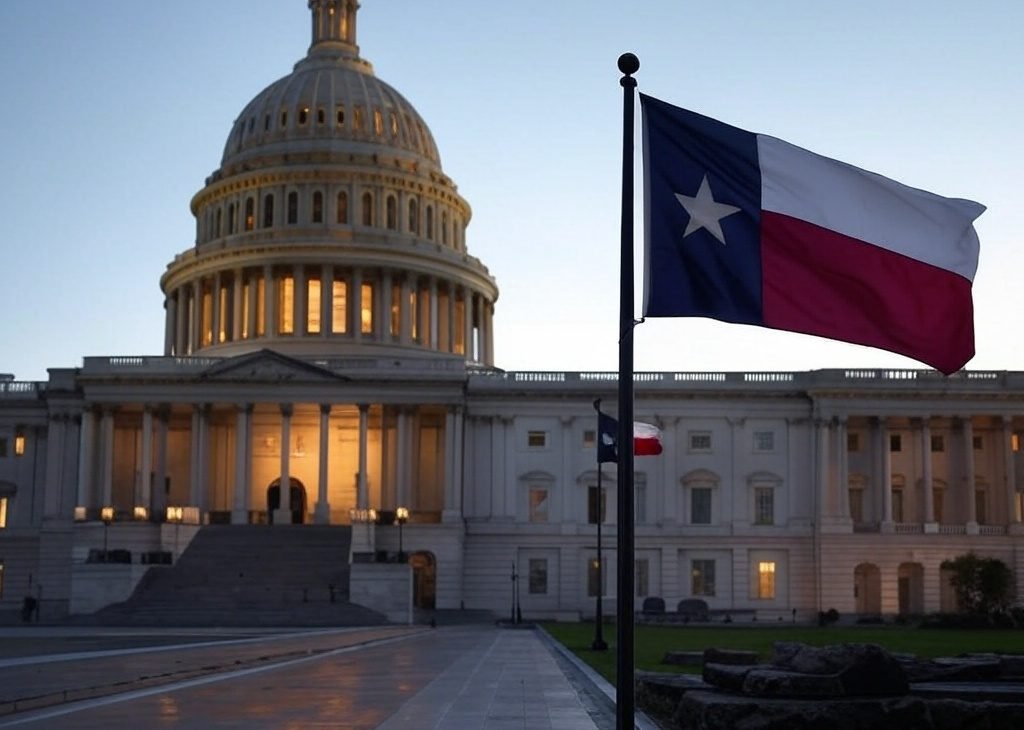Texas A&M University System Board of Regents: New Leadership on the Horizon
The Texas A&M University campus on June 15, 2020, in College Station has been a significant site for the state’s education and political landscape. As the Texas A&M University System Board of Regents convened on a recent Monday in Houston, they faced a pivotal decision regarding the future leadership of this expansive system, which includes 11 universities and eight state agencies. The board adjourned the meeting around 6 p.m. without selecting a sole finalist for the chancellor position, but it has narrowed down the candidate pool to five prominent individuals. This decision comes at a critical time as the current chancellor, John Sharp, prepares to retire in June after serving for over a decade.
Candidates for the Chancellor Position
According to insights shared by The Texas Tribune, the candidates have been carefully selected from a nationwide search. The five individuals vying for the role include:
- Texas Comptroller Glenn Hegar
- Texas A&M Foundation President Tyson Voelkel
- University of Alabama President Stuart Bell
- State Representative Trent Ashby, R-Lufkin
- U.S. Representative Michael McCaul, R-Austin
This diverse group brings a wealth of experience and a deep connection to Texas A&M, with four of the five candidates being alumni of the institution. Hegar, Voelkel, Ashby, and Bell all hold degrees from Texas A&M, showcasing a strong Aggie presence in the potential leadership of the university system.
Profiles of the Candidates
Each candidate possesses unique qualifications and experiences that could shape the future of the Texas A&M University System:
Glenn Hegar
As the Texas Comptroller since 2014, Glenn Hegar has demonstrated a strong background in finance and public service. His career in politics began in the Texas House from 2003 to 2007, followed by a tenure in the state Senate until he transitioned to his current role. Hegar has expressed interest in the chancellor position, stating in a December event, “Would that be a job that I would think I would hope to be able to do someday? Yes.” This reflects his ambition while acknowledging his commitment to his current responsibilities.
Tyson Voelkel
Voelkel has served as the president and CEO of the Texas A&M Foundation for eight years, where he has successfully raised over $1.5 billion in cash and assets for the university. His military background as a lieutenant colonel in the U.S. Army Reserve, along with his two Bronze Stars earned during service in Iraq, adds to his leadership credentials. His experience within the A&M system positions him as a strong contender who understands the university’s inner workings.
Stuart Bell
Currently the President of the University of Alabama, Stuart Bell has overseen significant growth in enrollment and funding since taking the helm in 2015. With plans to step down in July, Bell’s track record at Alabama, along with his previous administrative roles at Louisiana State University and the University of Kansas, makes him a formidable candidate for the chancellorship.
Trent Ashby
As a Texas State Representative since 2013, Trent Ashby has garnered valuable experience in legislative processes and budget oversight, particularly regarding public and higher education funding. His current positions on the public education and natural resources committees give him a keen insight into the challenges facing educational institutions in Texas.
Michael McCaul
In his 11th term representing Texas’ 10th congressional district, Michael McCaul has been an influential figure in federal politics, having served as the first Texan to chair the Foreign Affairs Committee. His background as a federal prosecutor before entering politics adds a unique perspective to his candidacy for chancellor.
Transition and Future Challenges
The next chancellor will inherit a pivotal role during a time of significant upheaval in higher education, both nationally and in Texas. Under John Sharp’s leadership, the Texas A&M System has expanded its reach and impact, including the establishment of a defense research and testing campus—RELLIS—in Bryan. The new chancellor will need to navigate the complexities of funding and policy changes, particularly in light of recent legislative actions that have affected diversity, equity, and inclusion initiatives across public universities.
In 2023, the Texas Legislature passed a ban on diversity equity and inclusion programs, which has placed additional pressure on public universities to conform to certain political narratives. This climate of scrutiny, combined with the potential for reduced research funding from the federal level under the Trump administration’s policies, presents a challenging landscape for the incoming chancellor.
Conclusion
The Texas A&M University System Board of Regents is at a crossroads, with the selection of a new chancellor poised to influence the future of education in Texas. As the board begins the 21-day mandatory waiting period after selecting a finalist, the university community and stakeholders will be watching closely. The next leader will not only need to carry forward the legacy of John Sharp but also adapt to the evolving educational landscape while maintaining the university’s commitment to excellence and accessibility. As Texas A&M continues to grow and adapt, the importance of thoughtful, strategic leadership cannot be overstated.
As we look forward to the outcome of this significant decision, the implications for students, faculty, and the broader Texas community remain paramount. The new chancellor’s ability to navigate challenges and foster growth will determine the trajectory of one of Texas’s most esteemed educational systems for years to come.






